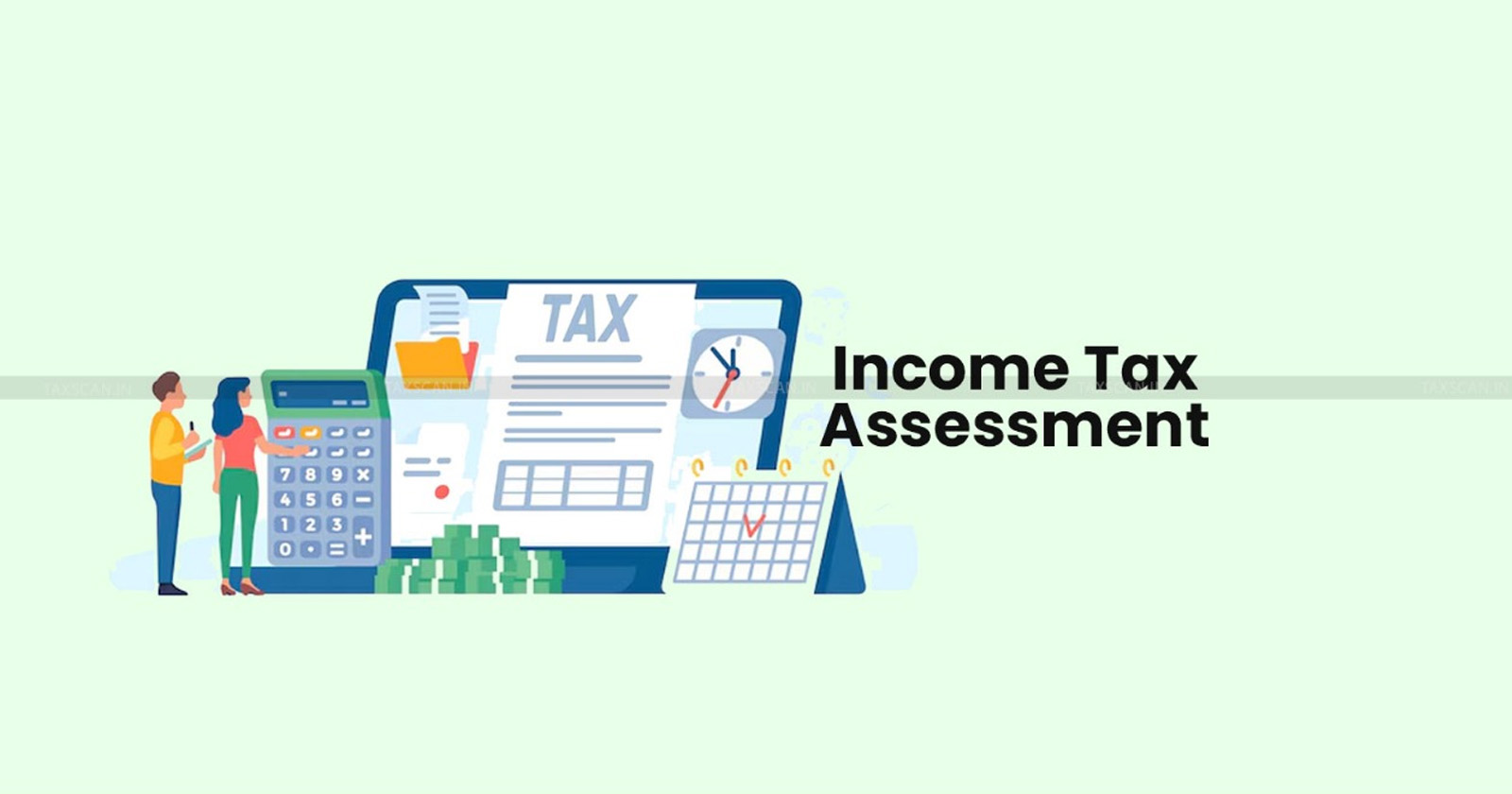Eligibility for S. 80P Deduction Depends on Primary Business of Cooperative Society, Not Incidental Dealings with Non-Members: ITAT [Read Order]
Minimal dealings with non-members do not negate mutuality when the predominant activity remains mutual in nature
![Eligibility for S. 80P Deduction Depends on Primary Business of Cooperative Society, Not Incidental Dealings with Non-Members: ITAT [Read Order] Eligibility for S. 80P Deduction Depends on Primary Business of Cooperative Society, Not Incidental Dealings with Non-Members: ITAT [Read Order]](https://images.taxscan.in/h-upload/2025/09/13/2086030-2051537-itat-itat-rajkot-section-80p-deduction-taxscan.webp)
The Bangalore Bench of Income Tax Appellate Tribunal (ITAT) held that the eligibility for deduction under Section 80P must be determined with reference to the primary business activity of the cooperative society and not disqualified merely due to incidental dealings with non-members.
Your Ultimate Guide to India’s Latest Income Tax Laws - Click here
The assessee-appellant, Siddhartha Pattina Sahakari Sangha Niyamita, a cooperative society registered under the Karnataka Co-operative Societies Act, was engaged in providing credit facilities to its members. It claimed deduction of ₹14,98,578 under Section 80P(2)(a)(i), which included interest of ₹4,94,014 earned from deposits with a cooperative bank (BDCC Bank) and commission of ₹17,445 from e-stamp activities.
The AO disallowed the entire claim, treating the interest as taxable under “other sources” and holding that the commission from non-members violated the principle of mutuality. The CIT(A) upheld the disallowance, noting the Supreme Court decision in Totgars Co-op Sale Society Ltd. v. ITO.
On second appeal, the tribunal noted that the core business of the society was accepting deposits from members and providing them credit facilities. The small commission income from e-stamping was only incidental, constituting an insignificant fraction compared to its overall profit, and did not destroy the principle of mutuality.
 Also Read:Income Tax Assessments on Basis of Consolidated Approval u/s 153D is Void Ab Initio: ITAT [Read Order]
Also Read:Income Tax Assessments on Basis of Consolidated Approval u/s 153D is Void Ab Initio: ITAT [Read Order]
Courts, including the Supreme Court in Bankipur Club Ltd. and Kumbakonam Mutual Benefit Fund Ltd., have recognized that minimal dealings with non-members do not negate mutuality when the predominant activity remains mutual in nature.
As regards interest income, the bench of Soundrarajan K and Waseem Ahmed observed that the deposits with the cooperative bank were statutorily mandated under Sections 57 and 58 of the Karnataka Co-operative Societies Act. Such deposits were not voluntary investments but a legal obligation linked to the functioning of the society.
The appellate tribunal, observing the Supreme Court ruling in CIT v. Karnataka State Co-operative Apex Bank, the bench held that interest arising from compulsory deposits should be treated as business income eligible for deduction under Section 80P(2)(a)(i).
Accordingly, the ITAT directed the AO to verify the statutory requirement of deposits and allow the deduction. It clarified that the assessee’s eligibility for Section 80P relief cannot be denied simply because of incidental transactions with non-members or statutory deposits yielding interest.
Support our journalism by subscribing to Taxscan premium. Follow us on Telegram for quick updates


